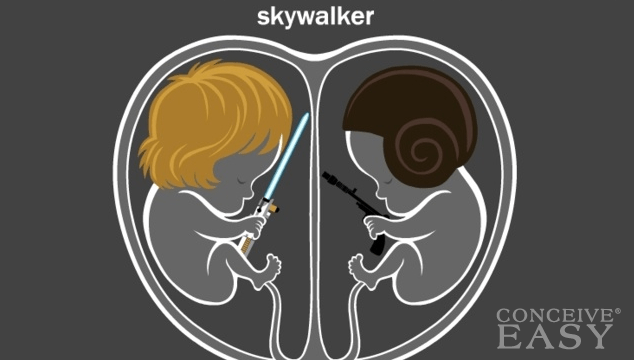IVF is a great treatment option for a ton of couples who are having trouble trying to conceive. It can grant people their wish of becoming parents when they didn’t think it was possible. However, the truth of the matter is, that IVF doesn’t always work. At least, not on the first try. Claim Your 20 Free Pregnancy Tests – Click Here
There are many couples out there that have to go through more than one cycle of IVF before getting pregnant. The fact of the matter is that IVF is very expensive, not to mention the fact that it is a very stressful process. It can be very hard to accept when your IVF treatment does not work, and it can be very difficult to understand why.
There are a few reasons that your IVF treatment might have failed. The four main reasons that IVF fails are female age, embryo quality, ovarian response, and implantation issues. We are going to explore a little more into each of those reasons and see how they might possibly contribute to IVF failure.

As we are very familiar with, your likelihood of getting pregnant as you get older decreases over time. Since each woman is born with a certain number of eggs, as you age, you use those eggs up. Your likelihood of a live birth after IVF is greater the younger that you are. Some studies show that the likelihood of a live birth after IVF for a woman age 35 is around 32 percent, but only 16 percent for a woman who is 40. Of course, this is not a guarantee that IVF won’t work for your particular case.

Embryo Quality can be another contributing factor to IVF failure. Some embryos have genetic or chromosomal abnormalities that can make them too weak too work for IVF. Still other embryos don’t have enough cells to survive and are less likely to fertilize. There are quite a few things that can contribute to embryo quality which can eventually lead to IVF failure

Sometimes a woman’s ovaries just do not respond properly to the IVF medications that try to get the ovaries to produce multiple eggs. If you already have a reduced number of eggs, are over 37, or have elevated FSH levels, it might be harder for your body to respond properly to IVF medications. In short, if your body listens to the medication and produces more eggs, your IVF is likely to be successful. If it doesn’t, then your chances that the IVF will fail are greater.

Implantation issues are probably the most common reason that IVF treatment fails. Most of the time when implantation issues occur, it is simply because the embryo stops growing and through no fault of anyone. If there are polyps or cysts on the ovaries, this can also be a contributing factor to implantation issues. Some research even suggests that chromosomal abnormalities that can cause implantation issues in embryos can be present in as many as 50% of cases!
These are the four most common reasons that IVF treatment fails. Just because you experience a failed IVF attempt doesn’t meant that you should give up trying to get pregnant. That is not the case at all. You do need to reevaluate and make sure that you are happy with your doctor, your clinic and the services that you are receiving before attempting again.
Also, talk candidly with your doctor about what he or she thinks might have went wrong and if there is anything that you or your partner can do to help things go smoothly the next time around. The most important thing is to stay positive and don’t give up!










Comments